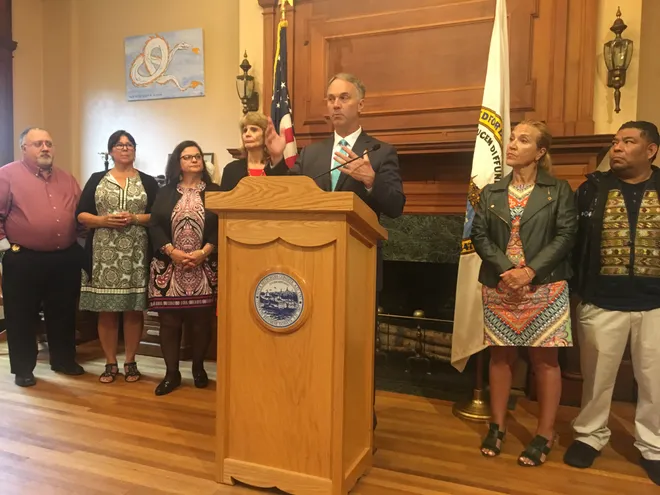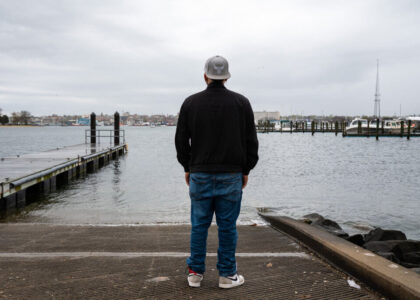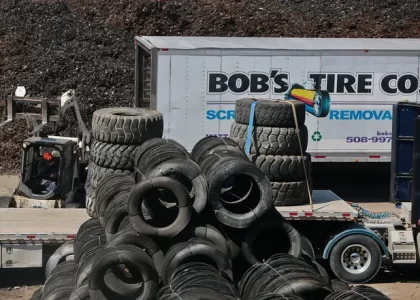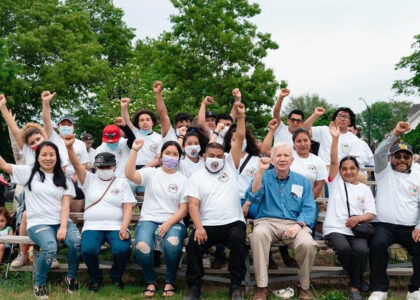NEW BEDFORD — The city is taking things into its own hands this time when it comes to the 2020 Census.
For the first time ever, the city is hiring a Census Outreach Coordinator, Lynn Coish, as announced Tuesday at a meeting kicking off the city’s Census preparations.
“We’re so lucky that Lynn was available to do this,” said Mitchell.
Coish has worked as the team leader of Operation Clean Sweep in the city and as an administrative assistant and volunteer coordinator for Buzzards Bay Coalition, both for over a decade, according to the Mayor’s office.
The city also announced the members of New Bedford’s Complete Count Committee, which will formulate plans for extensive outreach in New Bedford neighborhoods. Rev. David Lima of the Inter-Church Council of Greater New Bedford and Helena DaSilva Hughes of the Immigrants’ Assistance Center will act as co-chairs.
Additionally the city will form a New Bedford Complete Count Council “to recognize the many other businesses and groups that may want to lend their support in various ways over the next year and be recognized for their efforts,” according to a press release from Mayor Jon Mitchell’s office.
The emphasis on outreach to the community was driven by an effort to make sure every New Bedford resident is counted in the Census.
Rev. Lima said he understands that the city was undercounted by as many as 10,000 people 10 years ago.
“New Bedford in years past has struggled a bit with counting everybody within its borders,” said Mitchell, “I think everybody seems to believe, I certainly hold this belief, that New Bedford has more than 100,000 residents yet every time we do a Census it shows less than that.”
Undercounting has an impact according to Mitchell because for every resident that’s counted the Massachusetts Equity Fund estimates that means around $2,300 of federal funding annually.
That funding is used to fund schools, hospitals, transportation, and more said Mitchell.
Mitchell was aware that the citizenship question on the Census may make it more difficult to get city residents to respond to the Census, saying “I don’t like it.”
“But, we’re going to play the hand we’re dealt…we’ll just have to work harder.” he said.
That hard work will include educating residents that, according to the mayor’s office, “their privacy is protected in the Census process. By law the Census Bureau cannot share residents’ information or answers with any other government agency.”
“You’re not going to get in trouble for filling this out,” Mitchell said.
Adrian Ventura of Centro Comunitario de Trabajadores, an immigrant workers advocacy group in the city, is a member of the Complete Count Committee. He said through a translator that it is important for city employees, especially police officers, to create relationships and friendships with members of the refugee and immigrant communities so “they feel very confident giving their information.”
DaSilva Hughes said they’ll also work with that community by translating Census questions and helping residents answer them. The fact that this is the first time people are able to fill out the Census online, DaSilva Hughes said, will be “particularly challenging for our community” and they plan to help people with that.
Her role, DaSilva Hughes explained, is “making sure every single person in our city gets counted, no matter what their immigration status is.”




